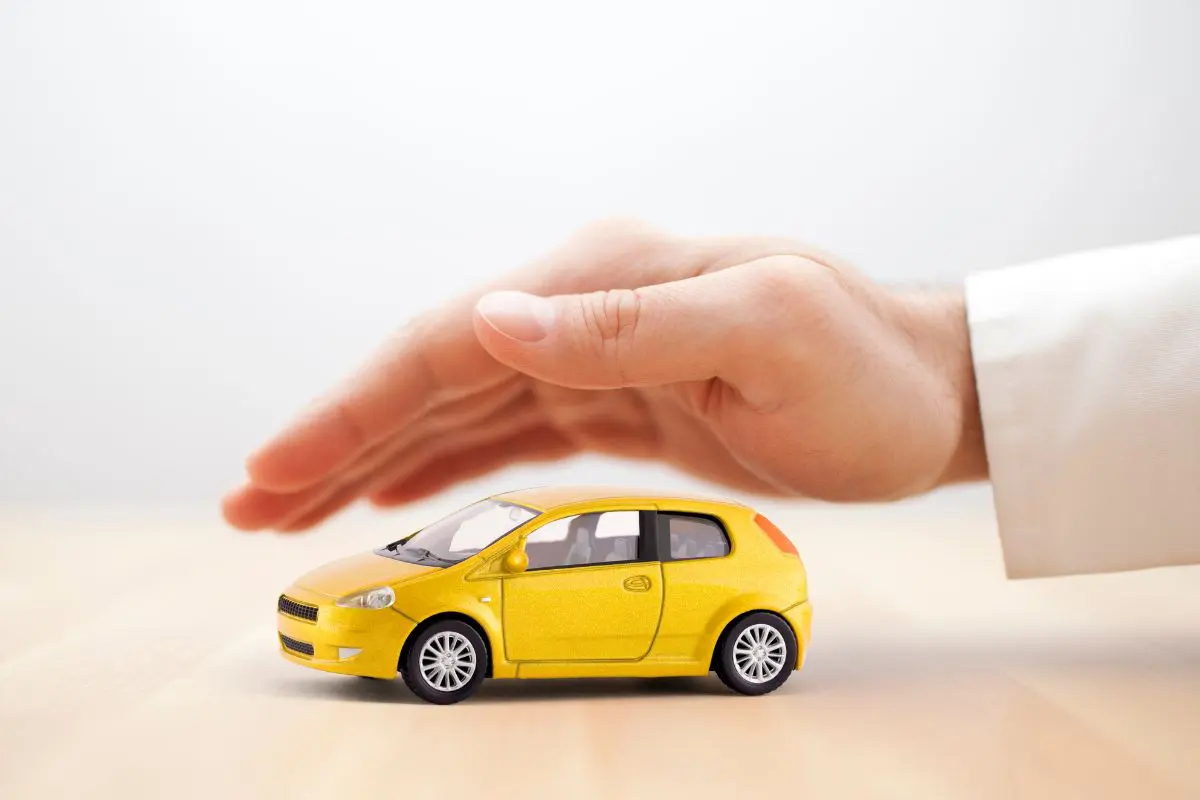Car Repossession: What to Expect When You Stop Paying Your Car Loan in Canada
By Maude Gauthier | Published on 24 Jan 2024

Car repossession can happen when you fail to make your car loan payments on time. Most people don’t plan to miss car payments, but expenses may arise that unexpectedly set you back financially. If you go months at a time without meeting payment requirements, you could lose your vehicle and face additional financial ramifications.
This article will discuss car repossession in Canada and what to expect if you stop paying your car loan.
| Your behavior | What to expect |
| Multiple missed car loan payments | Lender will contact you; you may choose voluntary repossession |
| Refusal to cooperate with the lender | Lender will send a repossession notice specifying the payment dealine (often 30 days) |
| Not paying and not giving the car back | Bailiff may collect your car for the lender to sell |
| Not paying your outstanding debt | Lender may sue you (some provinces allow this while others do not) |
| Trying to get a new car (with a lowered credit score due to car repossession) | Having to deal with a specialized lender |
How does car repossession work in Canada?
When you lease or finance a vehicle, you typically pay monthly installments to your lender. You get to use your car or truck while paying off the vehicle. If you miss one month of payments, you might be able to make it up the next month with minimal consequences, depending on your lender.
However, if you go long periods without making a payment, your lender will likely notify you of the charges due. If you don’t make the payments, the lender will then send a legal officer to repossess your vehicle.
After a car is repossessed
The primary reason lenders repossess vehicles is to sell or auction them to repay the loan. However, you will be responsible for the remaining balance if the sale price doesn’t cover the total. In fact, in addition to the loan balance, you will also be responsible for repossession costs, late payments, and interest fees. By this point, you will be in a difficult financial situation since you will have lost your vehicle and still owe a debt to the lender.
Types of repossession in Canada
It’s essential to understand that there are two types of repossession in Canada, involuntary and voluntary. Involuntary repossession, as explained above, occurs if you neglect to work with your lender on a repayment process. For example, if the lender approaches you about impending debt but you don’t cooperate, this will lead to involuntary repossession.
Voluntary repossession, however, is when you admit that you can’t meet the payments and intentionally give the vehicle back to the lender. If you submit your vehicle voluntarily, you could avoid the additional charges that accompany involuntary repossession.
[Offer productType=”OtherProduct” api_id=”64fcd940ed330e2d875a4c52″]Is car repossession different in each province?
Yes, the legal process you will experience depends on your province. Some regions have a “seize or sue” law, whereas others, like Ontario, have “seize and sue” laws. Essentially, “seize or sue” means the lender can decide to repossess your vehicle or sue you for the debt owed. You can expect this if you live in Alberta or British Columbia. “Seize and sue” is relatively self-explanatory; the lender can both seize your vehicle and sue you for the outstanding debt.
Will car repossession hurt your credit?
Yes, failing to pay off debts and loans will impact your credit score, and you will have trouble getting a loan for a car, house, or anything else in the future. Understanding how credit and credit scores work in Canada is essential before taking on debt.
Car repossession, both voluntary and involuntary, will be on your credit report for up to seven years. Car repossession signals to lenders that you do not reliably meet payment deadlines, or that you aren’t financially stable.
However, there are ways to recover. For example, moving forward, lenders might agree to give you a loan, but at a higher interest rate. At that point, you’ll have to prove that you can make regular and reliable payments.
How can you avoid a car repossession?
If you’re in a difficult financial situation and can’t make payments on time, speak to your lender immediately. The more proactive you are about the case, the more likely you will be able to reconcile an agreement. Most lenders don’t want to repossess your car; it’s a protective measure to ensure they can pay off loan debt.
Negotiate with your lender about possible repayment options. If you address the matter promptly, the lender might be open to compromise. However, if there is no way for you to meet your payment requirements, it would be best to seek credit counselling.
Another option to avoid car repossession is to sell your car and try to recover enough money to pay off the loan. If you don’t want to do that, you’ll need to submit your vehicle for a voluntary repossession. While there are still consequences, such as damage to your credit score, this would be better than involuntary repossession.
Some consider filing for bankruptcy to evade repossession, but this won’t work. Bankruptcy might make more funds available to you, which you could use to pay off the loan. However, bankruptcy does absolve the risk of vehicle repossession in Canada. If you file for bankruptcy after repossession, your debt will be seen as unsecured and could fall under bankruptcy, but this is not the case before repossession.
Getting another car after a repossession
Need a car but a past repossession trashed your credit score? Or maybe you have less than stellar credit for other reasons? Car Loans Canada could help get you behind the wheel again. Their online platform connects buyers with lenders who specialize in working with people of all credit scores.
With multiple loan offers to choose from, you can find an option that fits your unique financial situation. If you’re afraid of rejection, Car Loans Canada offers no-obligation pre-approvals to find out what you qualify for before you even start car shopping.
FAQs About Car Repossession in Canada
The lender will take your car and sell it to make back the funds necessary to pay off the loan. A legal officer will likely be sent to retrieve your vehicle.
Mechanics can’t repossess your car for negligence in paying your monthly payments, as this has nothing to do with mechanics. However, mechanics can repossess your vehicle in some areas if you fail to pay them for their services.
After one missed payment, you are at risk of repossession. The number of payments you can miss depends on your lender. On average, it takes two or three missed payments before your vehicle will be repossessed in Canada.
Partial payment does not meet the terms you agreed upon with your lender. While it might seem beneficial to pay what you can, partial payments won’t protect you from repossession. The best thing to do is speak with your lender and negotiate repayment or refinancing options.
Yes, if the amount the lender makes from selling your car doesn’t cover the loan amount. If you experience car repossession, you will be responsible for the loan amount, repossession costs, interest rates and late fees. Opt for voluntary repossession, if possible, to minimize extra payments.
